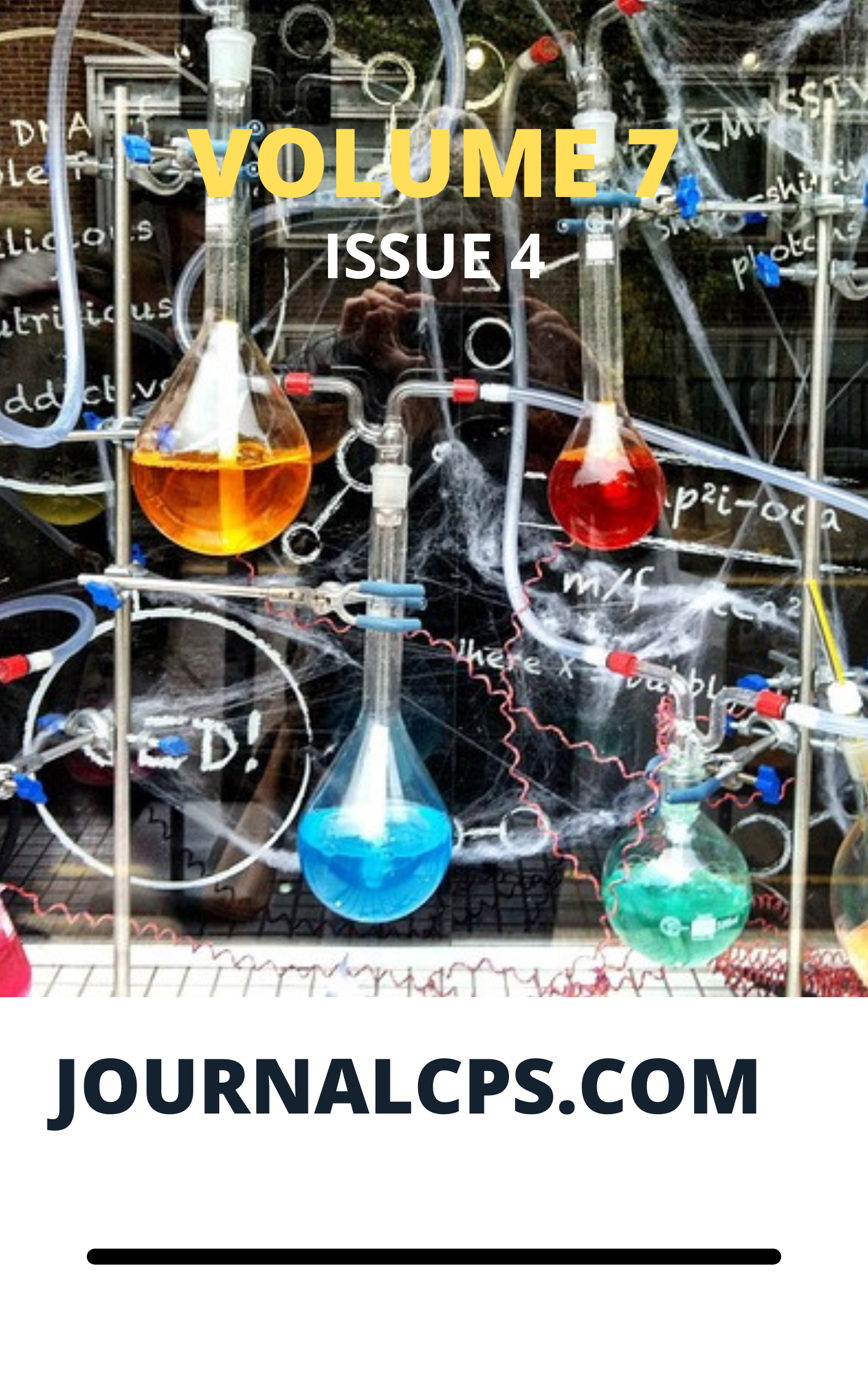AI-Augmented Decision Support System for Sustainable Transportation and Supply Chain Management: A Review
Keywords:
Artificial Intelligence, Decision Support Systems, Sustainable Transportation, Supply Chain Management, Smart Logistics, Predictive Analytics, Machine Learning, Green Supply Chain, AI Ethics, Intelligent Systems.Abstract
This study is based on a critical review of the use of Artificial Intelligence (AI) in the context of Decision Support System (DSS) in enhancing sustainability in transportation and supply chain management. It sheds some light on the inefficiencies of the traditional DSS to process the demands of dynamic and data-intensive environments as well as the transformational capabilities of AI technologies such as machine learning, deep learning, natural language processing, and reinforcement learning to the need of decision-making processes. DSS that are AI-enhanced can make predictions and prescriptions, real-time flexibility, and enhanced performance, translating to efficient routing, enhanced demand modeling, fuel efficiency, and lower environmental harm. The paper examines the practical applications in the area of logistics and transportation giving examples of successful applications by major international organizations. It also mentions some of the most crucial issues, which are data privacy, transparency of algorithms, integration with legacy systems, and ethics. The study concludes that AI-enhanced DSS can contribute considerably to moving towards sustainable, adaptive, resilient transport and supply chains implementable in a favourable regulatory and organizational environment. The future involvement should be on how we can mitigate these hindrances and lay guidelines on how we can ethically and sustainably use AI.
Downloads
Published
Issue
Section
Most read articles by the same author(s)
- Simbiat Atinuke Lawal, Samuel Omefe, Adeseun Kafayat Balogun, Comfort Michael, Sakiru Folarin Bello, Itunu Taiwo Owen, Kevin Nnaemeka Ifiora, Circular Supply Chains in the Al Era with Renewable Energy Integration and Smart Transport Networks , Communication In Physical Sciences: Vol. 7 No. 4 (2021): VOLUME 7 ISSUE 4
Similar Articles
- Forward Nsama, Strategic Development of AI-Driven Supply Chain Resilience Frameworks for Critical U.S. Sectors , Communication In Physical Sciences: Vol. 12 No. 5 (2025): Vol 12 ISSUE 5
- Simbiat Atinuke Lawal, Samuel Omefe, Adeseun Kafayat Balogun, Comfort Michael, Sakiru Folarin Bello, Itunu Taiwo Owen, Kevin Nnaemeka Ifiora, Circular Supply Chains in the Al Era with Renewable Energy Integration and Smart Transport Networks , Communication In Physical Sciences: Vol. 7 No. 4 (2021): VOLUME 7 ISSUE 4
- Christianah Oluwabunmi Ayodele, Esther Oludele Olaniyi, Chukwuebuka Francis Udokporo, Applications of AI in Enhancing Environmental Healthcare Delivery Systems: A Review , Communication In Physical Sciences: Vol. 12 No. 5 (2025): Vol 12 ISSUE 5
- Samira Sanni, A Review on machine learning and Artificial Intelligence in procurement: building resilient supply chains for climate and economic priorities , Communication In Physical Sciences: Vol. 11 No. 4 (2024): VOLUME 11 ISSUE 4
- Yisa Adeniyi Abolade, Bridging Mathematical Foundations and Intelligent Systems: A Statistical and Machine Learning Approach , Communication In Physical Sciences: Vol. 9 No. 4 (2023): VOLUME 9 ISSUE 4
- Abubakar Tahiru, Oluwasanmi M. Odeniran, Shardrack Amoako, Developing Artificial Intelligence-Powered Circular Bioeconomy Models That Transform Forestry Residues into High-Value Materials and Renewable Energy Solutions , Communication In Physical Sciences: Vol. 8 No. 4 (2022): VOLUME 8 ISSUE 4
- Raymond Sugar Ebere Amougou, AI-Driven DevOps: Leveraging Machine Learning for Automated Software Delivery Pipelines , Communication In Physical Sciences: Vol. 9 No. 4 (2023): VOLUME 9 ISSUE 4
- Enefiok Archibong Etuk, Omankwu, Obinnaya Chinecherem Beloved, Human-AI Collaboration: Enhancing Decision-Making in Critical Sectors , Communication In Physical Sciences: Vol. 12 No. 2 (2025): VOLUME 12 ISSUE 2
- Oyakojo Emmanuel Oladipupo, Abdulahi Opejin, Jerome Nenger, Ololade Sophiat Alaran, Coastal Hazard Risk Assessment in a Changing Climate: A Review of Predictive Models and Emerging Technologies , Communication In Physical Sciences: Vol. 12 No. 6 (2025): Volume 12 ISSUE 6
- Itoro Esiet Ukpe, Oluwatosin Atala, Olu Smith, Artificial Intelligence and Machine Learning in English Education: Cultivating Global Citizenship in a Multilingual World , Communication In Physical Sciences: Vol. 9 No. 4 (2023): VOLUME 9 ISSUE 4
You may also start an advanced similarity search for this article.




